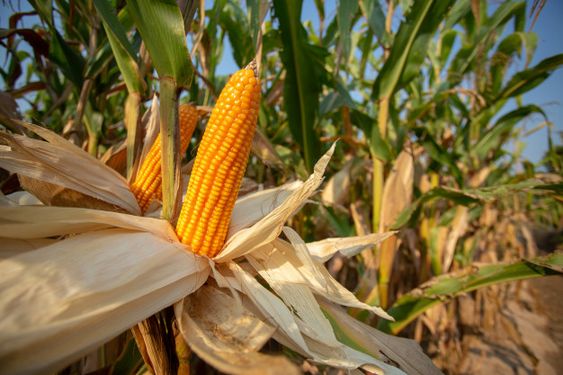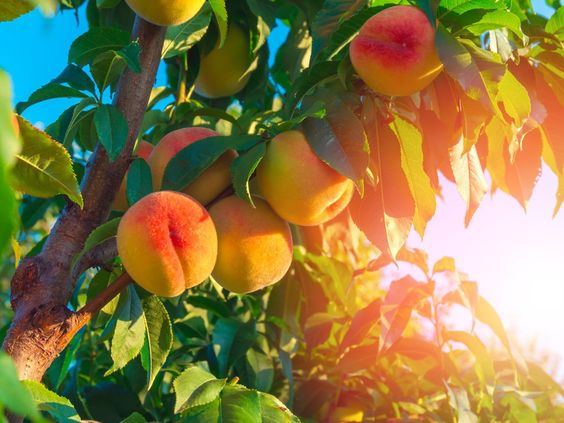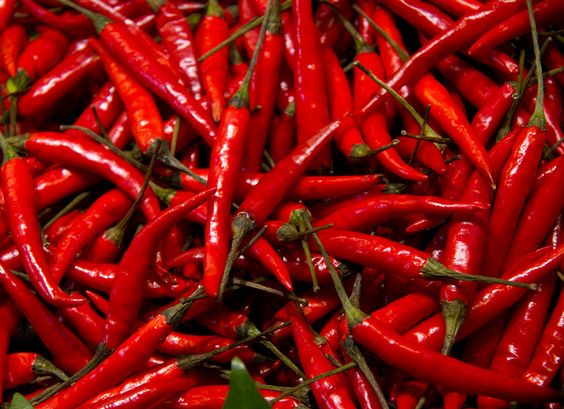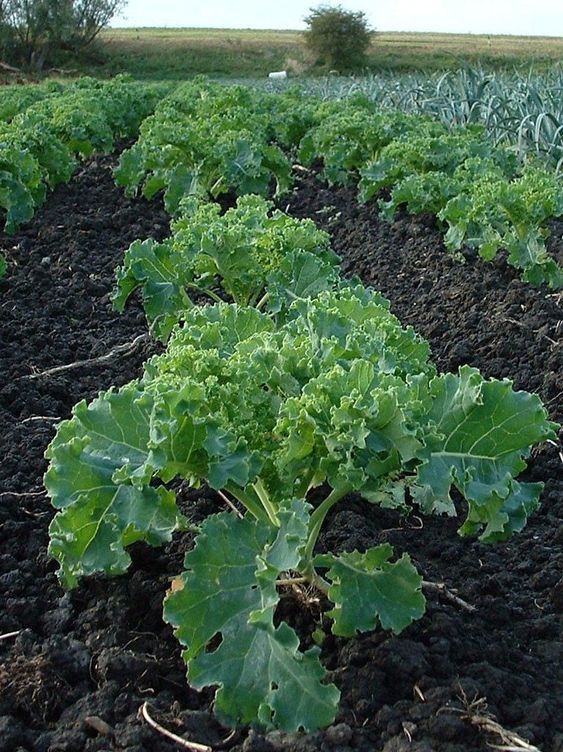Cultivating Abundance: Sustainable Corn Production with Smart Agriculture Technologies
Sustainable Corn Production, also known as maize, is a versatile crop with a global footprint. From serving as a dietary staple to a key industrial ingredient, corn production plays a vital role in food security and economic stability. However, traditional corn cultivation practices can be resource-intensive and contribute to environmental concerns. This is where Smart Agriculture emerges as a game-changer, offering a data-driven approach to sustainable corn production.
Contents
- 1 Benefits of Sustainable Corn Cultivation with Smart Agriculture:
- 2 Objectives of Smart Agriculture in Sustainable Corn Production:
- 3 Explanation of Smart Agriculture Technologies for Sustainable Corn Production:
- 4 Uses of Smart Agriculture Technologies in Sustainable Corn Production:
- 5 Advantages of Smart Agriculture for Sustainable Corn Production Cultivation:
- 6 Specialties and Considerations for Smart Agriculture in Sustainable Corn Production:
- 7 Precision Irrigation with Sensor Technology in Nebraska
- 8 Drone-based Weed Management in Iowa
- 9 Challenges and Considerations for Implementing Smart Agriculture:
Benefits of Sustainable Corn Cultivation with Smart Agriculture:
- Environmental benefits: Reduced water usage, minimized fertilizer application, improved soil health, and decreased greenhouse gas emissions.
- Economic benefits: Increased yield potential, optimized resource allocation, improved decision-making, and reduced waste.
- Social benefits: Enhanced food security, improved farmer livelihoods, and potential for local production and consumption.
Objectives of Smart Agriculture in Sustainable Corn Production:
- Optimize resource utilization: Leverage data to precisely map fields, analyze soil conditions, and deliver water and fertilizer exactly where and when needed.
- Enhance crop health: Implement precision pest and disease management strategies based on real-time monitoring and weather forecasting.
- Maximize yield potential: Utilize smart sensors and automated systems to create ideal growing conditions for corn throughout its lifecycle.
- Promote long-term sustainability: Integrate environmentally conscious practices and data-driven decision-making to ensure long-term land health and productivity.
Explanation of Smart Agriculture Technologies for Sustainable Corn Production:
- Internet of Things (IoT): A network of interconnected sensors, drones, and devices that collect real-time data on soil moisture, temperature, plant health, and weather conditions.
- Big Data Analytics: Utilizing sophisticated algorithms to analyze vast datasets, identify trends, and generate actionable insights for optimizing corn production.
- Precision Agriculture: Tailoring agricultural practices, including irrigation, fertilization, and pest control, to the specific needs of individual plants and field sections.
- Artificial Intelligence (AI): Machine learning algorithms can analyze historical data and predict potential challenges such as pest outbreaks or weather damage, enabling proactive intervention.
- Geographic Information Systems (GIS): Creating detailed maps of fields to identify soil variations, drainage patterns, and potential problem areas.
Uses of Smart Agriculture Technologies in Sustainable Corn Production:
- Soil Monitoring: Sensors implanted in the field continuously monitor soil moisture, nutrient levels, and temperature. This data informs irrigation schedules and fertilizer application.
- Yield Prediction: Machine learning algorithms analyze past data and current conditions to predict corn yields. This helps farmers plan resource allocation and market their crops effectively.
- Pest and Disease Management: Drones equipped with multispectral imaging can detect early signs of pest or disease outbreaks. This allows for targeted and timely treatment, minimizing the need for broad-spectrum pesticides.
- Weather Forecasting: Integrating weather data into smart irrigation systems allows for adjustments based on predicted rain events, optimizing water use.
- Fleet Management: Sensors can track farm equipment, optimizing fuel consumption and maintenance schedules.
Advantages of Smart Agriculture for Sustainable Corn Production Cultivation:
- Increased Efficiency: Precise resource management translates to reduced water usage, minimized fertilizer application, and lower energy consumption.
- Improved Productivity: Data-driven decision-making leads to optimized growing conditions, potentially resulting in higher yields.
- Enhanced Sustainability: Smart practices promote soil health, minimize environmental impact, and contribute to a more sustainable food system.
- Reduced Risks: Advanced monitoring helps detect pest or disease outbreaks early, allowing for targeted interventions and prevention of widespread damage.
- Improved Profitability: By optimizing resource allocation and increasing yields, smart agriculture can enhance farm profitability.
Specialties and Considerations for Smart Agriculture in Sustainable Corn Production:
- Data Integration: Seamlessly integrating data from various sources, including sensors, weather stations, and historical records, is key to generating valuable insights.
- Farmer Training: Successful implementation of Smart Agriculture requires ongoing education and training for farmers to effectively utilize new technologies and interpret data.
- Accessibility and Affordability: Sustainable Corn Production,Smart Agriculture technologies need to be accessible and affordable for farmers of all scales to facilitate widespread adoption.
Precision Irrigation with Sensor Technology in Nebraska
- Challenge: A Nebraska-based farmer faced significant water waste due to inefficient irrigation practices on his vast cornfield. Traditional methods relied on estimates and historical averages, leading to overwatering in some areas and underwatering in others.
- Solution: The farmer implemented a network of soil moisture sensors across the field. These sensors relayed real-time data on soil moisture levels to a central hub.
- Technology: The data was then analyzed by a cloud-based platform equipped with decision-support tools. This platform provided customized irrigation recommendations based on the specific needs of different field sections.
- Impact: By adopting precision irrigation, the farmer achieved a significant reduction in water usage while maintaining optimal soil moisture for corn growth. This resulted in improved crop health, potentially leading to higher yields, and a minimized environmental footprint.
Drone-based Weed Management in Iowa
- Challenge: A large-scale corn farm in Iowa struggled with persistent weed problems. Traditional broad-spectrum herbicide applications were not only expensive but also posed potential environmental risks.
- Solution: The farm incorporated the use of drones equipped with high-resolution cameras and specialized software.
- Technology: The drone captured detailed aerial imagery of the field. Advanced image recognition software then identified individual weeds within the image data.
- Impact: Based on the data analysis, the farm implemented targeted herbicide application only on identified weeds. This significantly reduced overall herbicide use, minimized environmental impact, and ensured effective weed control. Additionally, the cost savings from reduced herbicide application contributed to increased farm profitability.
Challenges and Considerations for Implementing Smart Agriculture:
Sustainable Corn Production,While Smart Agriculture offers a wealth of benefits, there are also challenges that need to be addressed for widespread adoption:
- Cost: The initial investment in sensors, software, and other technologies can be a barrier for some farmers. Government grants, subsidies, and cost-sharing programs can incentivize adoption.
- Data Literacy: Effectively utilizing and interpreting the vast amount of data generated by Smart Agriculture technologies requires ongoing farmer training and education. Educational programs and workshops can bridge the knowledge gap.
- Connectivity: Reliable internet connectivity is essential for data transmission and accessing cloud-based platforms. Rural areas may face challenges in this regard. Investing in rural broadband infrastructure is crucial.
Sustainable Corn Production Smart Agriculture represents a powerful paradigm shift towards sustainable corn cultivation.Sustainable Corn Production, By leveraging a suite of innovative technologies, farmers can optimize resource use, enhance crop health, and achieve higher yields while minimizing environmental impact. As these technologies become more accessible and affordable, coupled with ongoing farmer education and infrastructure development, Smart Agriculture holds immense potential to ensure a secure and sustainable future for corn production, feeding a growing global population.




